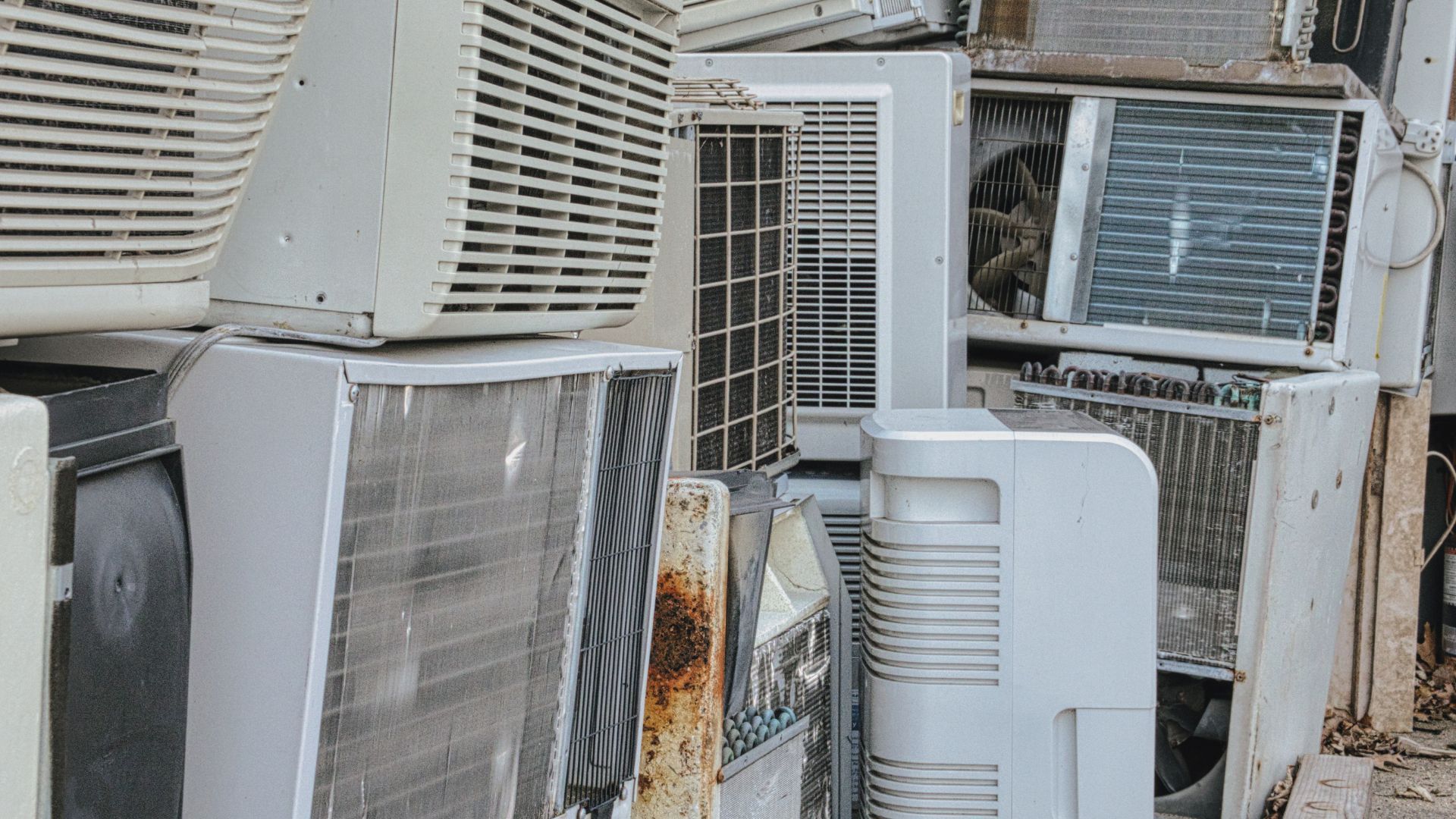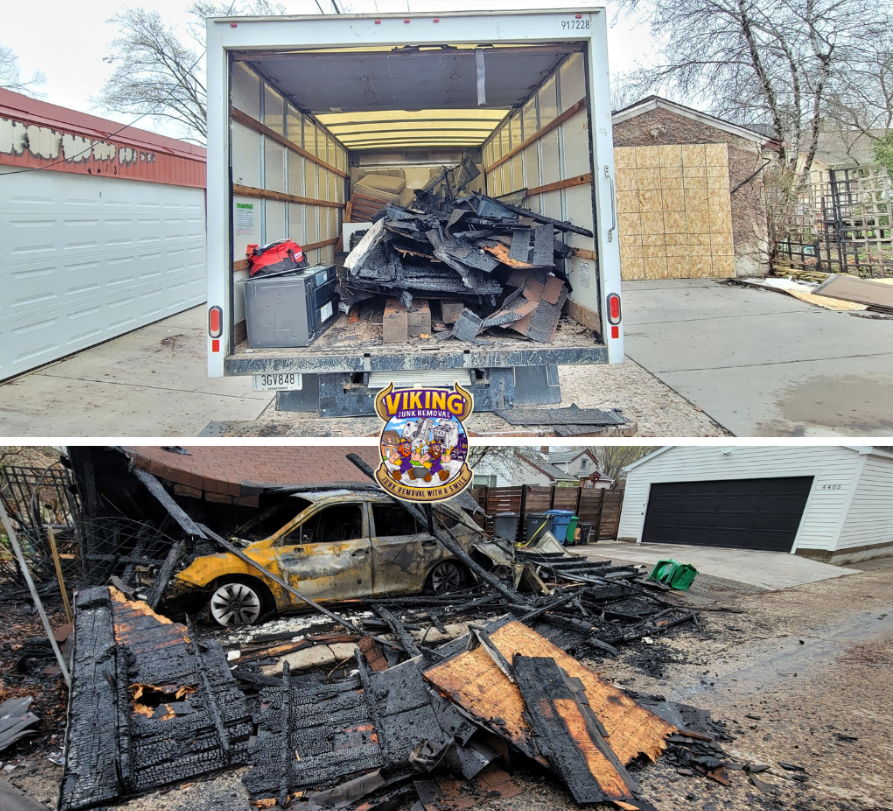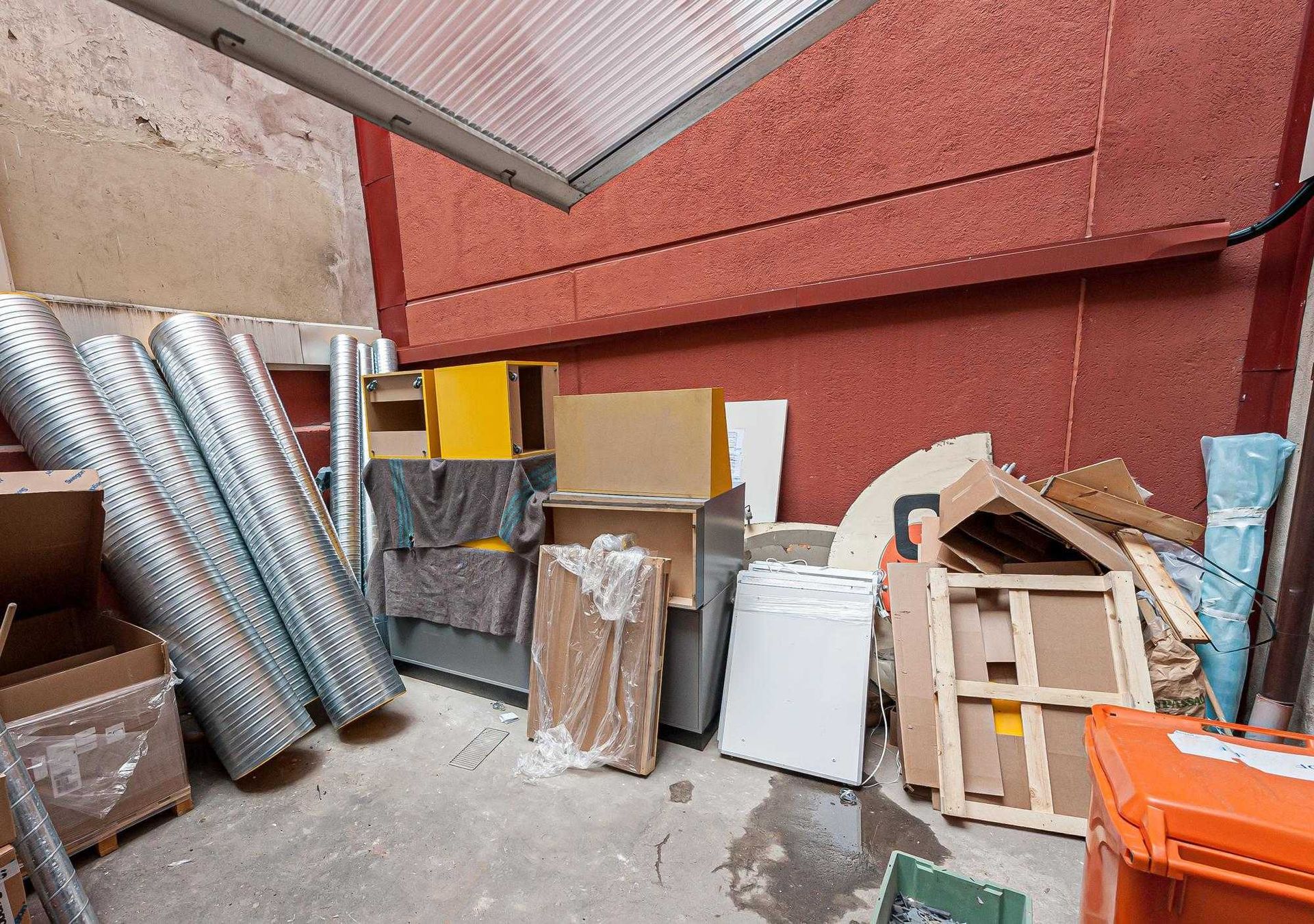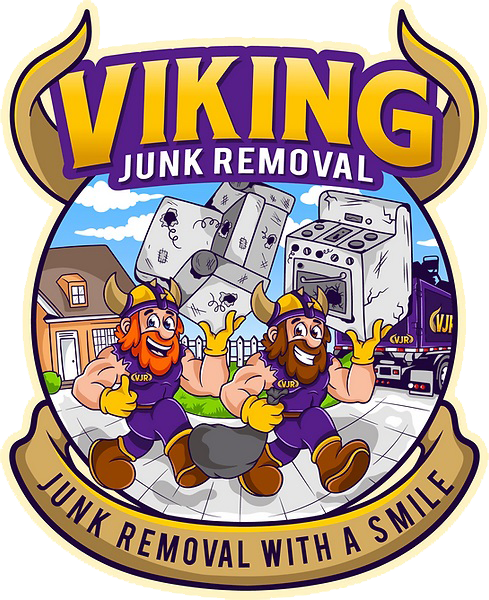What to Do with Your Old Electronics: A Complete Guide
Beneath the shiny screens and polished buttons, electronics hide an unsettling secret. When carelessly discarded, they bleed toxic elements into the earth, weaving silent tragedies underground. Mercury poisons water, cadmium contaminated soil, and lead creeps into crops, all from devices we once loved and left behind without a second thought. As millions of gadgets pile up, a quiet environmental disaster grows, invisible to most eyes yet potent enough to outlast generations.
Recognizing this grim truth shifts our relationship with technology forever. An old laptop isn’t just clutter; it’s a ticking environmental hazard. Every phone, tablet, or broken monitor demands thoughtful disposal, because the planet can no longer absorb our waste without consequences. By learning the risks hidden inside our electronics, we choose to step lightly on this earth, honoring both innovation and nature at once with every decision we make.
Why You Should Never Toss Electronics in the Trash
At first glance, tossing an outdated television or broken laptop into the trash feels harmless. Out of sight, out of mind, right? But that casual act spirals into something far more dangerous than it seems. Landfills were never built to hold the toxic cocktail embedded in electronics, and over time, fragile casings crack. Metals like lead and mercury slowly seep into the soil, poisoning drinking water and harming wildlife in ways that can ripple outward for decades.
Resisting the temptation to throw electronics away reflects an awareness few people fully grasp. It's about more than just keeping landfills tidy; it’s about stopping the silent march of toxins into the environments we depend on. Mindful disposal is a small act with an enormous reach. When we refuse to treat electronics like ordinary trash, we stand guard over ecosystems too fragile to defend themselves without our help.
Finding Local Recycling Programs for Electronics
Hidden in neighborhoods and nearby towns, recycling programs quietly await old electronics, eager to give discarded devices a second story. These centers specialize in breaking down gadgets safely, extracting valuable materials, and ensuring hazardous components never see the inside of a landfill. Their work often goes unnoticed, yet their impact protects the very ground we walk on and the air we breathe without even realizing it.
Discovering local recycling options takes only a few minutes of research but opens up a lifetime of better choices. Cities often partner with companies, events, or junk removal services that create easy access points for responsible disposal. Dropping off your broken tablet or retired stereo isn't just a good deed; it’s a powerful statement. It says you see beyond convenience into the wider web of life that electronics touch long after the power button stops working.
Donating Old Electronics for a Second Life
One person's outdated laptop could be the bridge another person needs to cross into opportunity. Instead of gathering dust in closets or rotting away in landfills, donated electronics can power classrooms, support job seekers, and open doors in underserved communities. The gift of technology travels farther than most donations ever could, breaking barriers quietly, one reboot at a time.
Donating electronics demands a bit of thoughtfulness—wiping data, testing functionality—but the effort multiplies in value once the device reaches its new home. Organizations, shelters, and schools welcome refurbished tech with open arms, seeing it not as yesterday’s gadget but tomorrow’s possibility. In a world obsessed with the newest upgrades, the simple act of donation stands out like a beacon, connecting discarded machines to fresh beginnings and rewriting their story from waste to wonder.

Selling Used Electronics for Extra Cash
What you see as cluttered junk in your bottom drawer could actually be currency waiting to change hands. Used electronics, even those a few generations old, hold surprising value to buyers looking for affordability or vintage tech. Online platforms, repair shops, and secondhand stores create lively markets where yesterday’s gadgets still have a story to tell and a price tag to earn.
Selling isn’t just about making a few extra dollars; it’s about shifting the cycle from disposal to reuse. A working tablet, a slightly cracked phone, or an old gaming system can find new homes instead of decaying in dumps. Taking good photos, writing honest descriptions, and finding the right outlet transforms forgotten devices into assets. In the end, your dusty tech pile could be someone’s next great find, and your wallet will thank you for not throwing value away.
Partnering with Professional Junk Removal Services
When your closet overflows with electronics too numerous to tackle alone, professional junk removal services step in like modern-day heroes. They don't just haul items away; they orchestrate their final journey, ensuring that gadgets meet the fate they deserve through recycling, donation, or responsible disposal. Their knowledge threads seamlessly through the confusing web of regulations that ordinary folks often overlook.
Partnering with professionals transforms the overwhelming into the manageable. It removes guesswork, speeds up decluttering, and guarantees that harmful waste never ends up in a landfill by mistake. Trusted services handle the heavy lifting with environmental care at the forefront, giving you peace of mind with every device they take.
How to Prepare Electronics for Recycling or Donation
Before recycling or donating your old electronics, a little preparation goes a long way. Not only does it protect your personal information, but it also ensures your device is truly ready for its next life. Careful steps transform what could be a risky or sloppy handoff into a meaningful, responsible action that benefits both people and the planet.
- Wipe All Personal Data: By performing a full factory reset or manually deleting files. This step is crucial to ensuring that your sensitive information stays secure. Even if you think you’ve erased everything, it's important to double-check for residual data, preventing anyone from accessing your private details later on.
- Remove Hard Drives or Storage Devices: From computers, tablets, and phones when possible. These parts often store large amounts of data that could fall into the wrong hands if not properly disposed of. It’s also a valuable piece for recycling and ensures that any personal data doesn’t live on in your old device.
- Take out Batteries, Cords, and Accessories: So they can be recycled or donated separately for safer handling. Batteries, in particular, need to be disposed of properly because they contain hazardous materials. Separating these components makes the recycling process more efficient and reduces the risk of contamination.
- Clean the Device Exterior: Using a soft cloth to remove dust, dirt, and any buildup. Not only does this make the electronics look more presentable, but it also helps to prevent any potential harm to those handling the device next. A clean device reflects the care you’ve taken in its end-of-life journey.
Creative Ways to Repurpose Old Electronics at Home
Not every obsolete device deserves exile to the trash or even the recycling center. Sometimes, with a dash of creativity, an old gadget can spark something entirely new at home. A cracked tablet could become a rotating digital art display. A battered smartphone might still serve perfectly as a security camera for hidden corners of your home.
Broken parts themselves can become art projects, science experiments, or quirky decorations. Circuit boards turn into jewelry, old keys transform into frames, and tangled cables inspire sculptures if you let your imagination roam. Breathing life back into dead devices flips the script on disposal, turning the end of technological usefulness into the start of artistic expression. Instead of throwing away memories, you create new ones, fueled by the magic of reinvention and the joy of the unexpected.
Understanding the Legal Aspects of Electronics Disposal
Tossing a laptop into the garbage might seem like your private choice, but laws say otherwise. Across many states and cities, regulations strictly control how electronics must be handled, making proper recycling not just a recommendation but a legal necessity. Violations can cost hefty fines, but the real price is the harm done to community resources and health.
Understanding legal requirements before acting protects more than just your conscience; it safeguards your neighborhood’s water, air, and soil. Municipalities often provide clear guidelines and approved drop-off centers to simplify the process. Acting within these frameworks isn’t about bureaucracy—it’s about shaping a future where corporate responsibility and personal stewardship intersect. Following the law turns small, quiet actions into monumental steps toward environmental protection, ensuring that even your old electronics serve a greater good long after their screens go dark.
The Future of Electronics Recycling and Sustainability
Recycling electronics used to be an afterthought, but now it’s evolving into an essential pillar of sustainability’s future. Researchers are developing smarter, greener ways to disassemble devices, harvest rare materials, and reuse components without further harming the planet. Companies are beginning to design products meant to live again and again through cycles of responsible reuse.
The vision ahead is brighter than the screens we once prized. In the near future, recycling won't just be a service—it will be a normal, celebrated part of technology ownership. Consumers, governments, and innovators are working together to create a world where waste shrinks, and opportunity grows from every circuit board salvaged. Looking forward, your simple act of recycling today becomes a thread woven into the grand, colorful tapestry of tomorrow’s sustainable, thriving world.
Conclusion
The journey of dealing with old electronics demands more from us than thoughtless tossing. From understanding their environmental toll to exploring creative repurposing, every choice carries weight. Recycling, donating, reselling, or working with professionals doesn't just clear space—it shapes the future around us. Tiny acts echo through ecosystems, economies, and communities in powerful ways.
For those looking for trusted help in Minneapolis, USA, Viking Junk Removal offers expert junk removal services that prioritize environmental responsibility. Contact Viking Junk Removal by phone at 612- 448-9506, via email at sales@vikingjunkremovalmn.com, or visit their website at https://www.vikingjunkremovalmn.com/. Together, we can give old electronics a meaningful end—and a hopeful new beginning.






